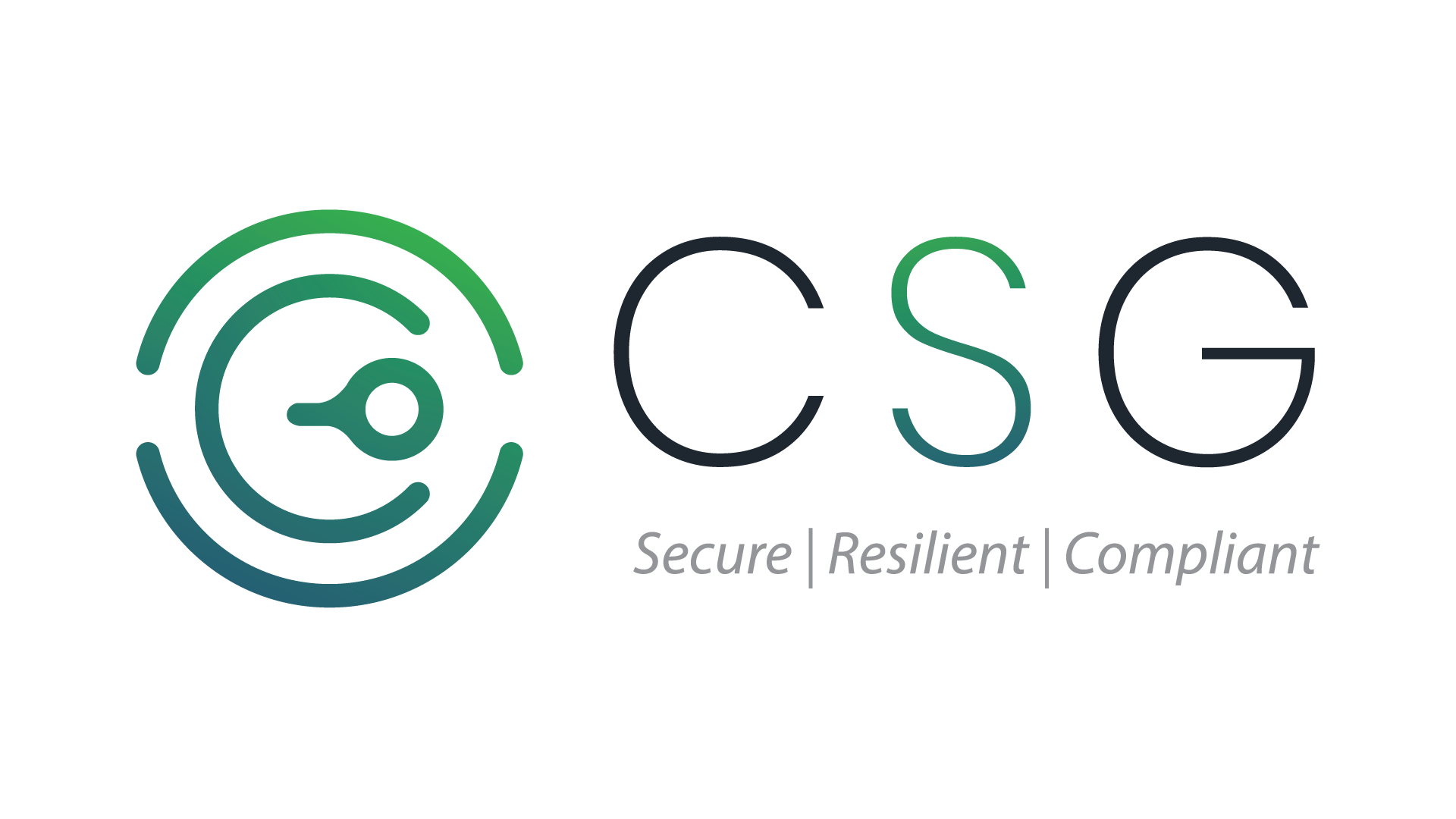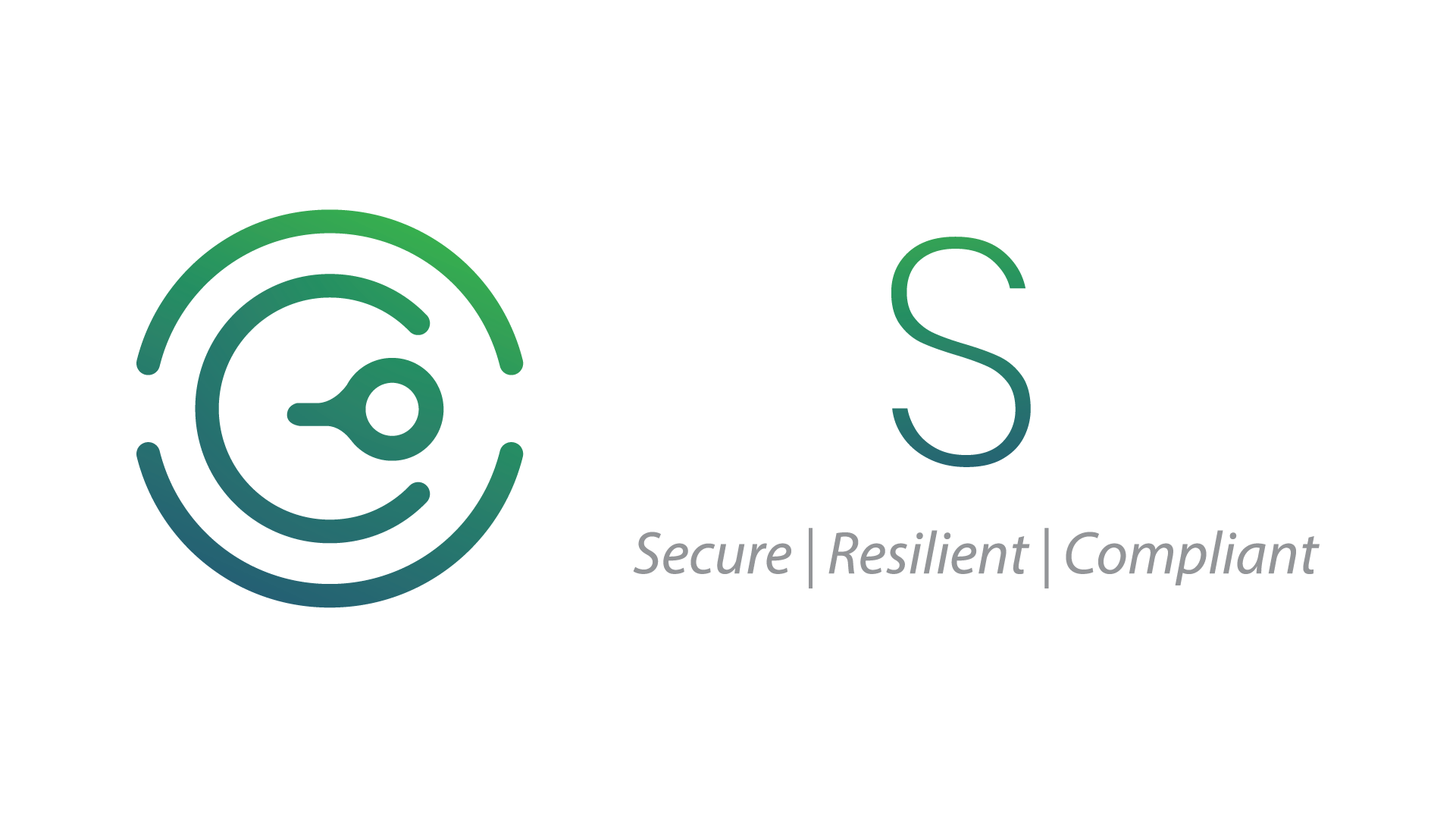
How to Prepare for a PCI DSS Audit in the Middle East
If your business handles credit card transactions — whether online or in-store — you’re required to comply with the Payment Card Industry Data Security Standard (PCI DSS). In 2025, with fraud rates on the rise and regulators tightening oversight, PCI compliance isn’t just for large banks or payment processors — it applies to any business that stores, processes, or transmits cardholder data.
This guide is for businesses in the Middle East — especially in the UAE, Saudi Arabia, Bahrain, and Qatar — looking to understand and prepare for a PCI DSS audit.
2. What is PCI DSS?
PCI DSS is a set of 12 requirements developed by major payment brands (Visa, Mastercard, American Express, etc.) to secure cardholder data and reduce payment fraud.
It applies to:
- E-commerce platforms
- Retailers and restaurants
- Hospitality companies
- Fintech startups and payment gateways
- Banks and processors
Failure to comply can result in fines, revocation of merchant privileges, and severe reputational damage.
3. Who Needs a PCI DSS Audit?
A PCI DSS audit is typically required if:
- You process over 6 million transactions annually (Level 1 merchant)
- You are a service provider handling card data for others
- Your acquiring bank or payment processor requests it
- You’ve had a security incident
Other businesses may self-assess using the SAQ (Self-Assessment Questionnaire), but still need to implement the controls.
4. PCI DSS 12 Core Requirements
- Install and maintain a firewall
- Do not use vendor-supplied defaults for passwords
- Protect stored cardholder data
- Encrypt data transmission over open networks
- Use anti-virus and update it regularly
- Develop secure systems and apps
- Restrict access to card data by business need
- Assign unique IDs to each user
- Restrict physical access to card data
- Track and monitor access to network resources
- Regularly test systems and processes
- Maintain an information security policy
5. Step-by-Step Guide to Prepare for a PCI DSS Audit
✅ Step 1: Understand Your Scope
Identify:
- Cardholder data environments (CDE)
- Systems that store, process, or transmit payment data
- Connected networks, apps, and vendors
Tip: Reducing scope (e.g., using tokenization or hosted checkout pages) simplifies compliance.
✅ Step 2: Perform a Gap Assessment
Engage a Qualified Security Assessor (QSA) or internal team to assess current security posture against the PCI DSS controls.
Deliverable: Gap analysis report with high-risk areas, missing policies, and remediation roadmap.
✅ Step 3: Remediate Gaps
- Patch vulnerabilities
- Enforce MFA for admin access
- Encrypt stored and transmitted data
- Remove unnecessary card data from storage
- Update passwords and firewalls
Document everything. PCI DSS demands evidence.
✅ Step 4: Implement Logging & Monitoring
- Set up a SIEM system or logging platform
- Monitor for anomalies in cardholder data access
- Maintain logs for at least 12 months
- Review logs daily if possible
✅ Step 5: Secure Third-Party Relationships
- Evaluate your payment gateway or hosting provider’s PCI status
- Ensure contracts include PCI DSS responsibilities
- Obtain Attestation of Compliance (AoC) from partners
✅ Step 6: Develop & Train Teams
- Create PCI-specific policies (passwords, encryption, access control)
- Conduct annual training for employees on card data handling
- Limit system access to essential personnel only
✅ Step 7: Perform Internal Testing
- Run internal vulnerability scans
- Conduct penetration testing on your environment
- Test incident response procedures
These show auditors you’re proactive about security.
✅ Step 8: Schedule the Audit
Coordinate with your QSA for a formal assessment. Provide:
- Evidence of controls (config files, logs, screenshots)
- Network diagrams
- Access lists and change logs
- Policy documents
Audits can take 2–6 weeks depending on your size and complexity.
6. Common Pitfalls in PCI DSS Audits
❌ Keeping default system passwords
❌ Storing card data unnecessarily
❌ Missing documentation of controls
❌ Not segmenting cardholder data environments
❌ Inadequate employee training
❌ Using non-compliant third-party tools or plugins
7. Post-Audit Activities
- Receive a Report on Compliance (RoC) and Attestation of Compliance (AoC)
- Address any Qualified Findings immediately
- Prepare for annual reassessments or SAQ updates
- Share your compliance status with acquirers or clients if needed
8. How Centre Systems Group Helps Businesses Prepare
We’ve helped businesses across the Middle East — including in the UAE, Saudi Arabia, and Bahrain — become PCI DSS compliant through:
✅ Scope reduction & data flow design
✅ Gap assessments & remediation roadmaps
✅ Policy creation (passwords, access, logging, encryption)
✅ Vulnerability scans & penetration testing
✅ Staff training workshops
✅ QSA audit readiness support
✅ Post-audit corrective action plans
Our goal is to make PCI compliance practical, affordable, and aligned with your business model.
PCI DSS compliance isn’t just about passing an audit — it’s about building trust with customers and securing your revenue streams. In a region where digital payments are booming, the time to invest in compliance is now.
At Centre Systems Group, we simplify PCI readiness — from scoping to certification — so you can grow with confidence and security.
📞 Let’s prepare your PCI audit roadmap — contact us for a consultation.
Frequently Asked Questions
How often must PCI DSS audits be done
Annually for Level 1 merchants or service providers. Others may use SAQs with periodic validation.
Is PCI DSS legally required in the Middle East?
While not a government law, it’s a contractual requirement from card brands. Banks and payment processors enforce it strictly.
Can I outsource compliance?
You can work with consultants, but responsibility remains with your business.
What if I fail the audit?
You may face fines, remediation mandates, or suspension of payment services.



Leave a Reply